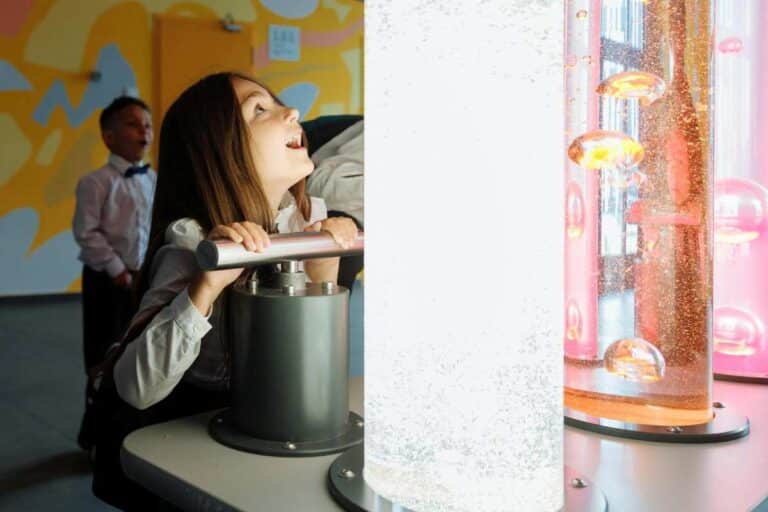Understanding What You Don’t Always See
Have you ever been told, “She seems fine at school,” even though you’re seeing big struggles at home? Or maybe your child holds it together all day, only to melt down the minute they get in the car.
This might be more than just a tough day. It could be masking—a common but often misunderstood part of the autistic experience.
🤔 What Is Masking?
Masking is when a child with autism hides or suppresses their natural behaviors to fit in, avoid attention, or meet expectations. It’s a form of self-protection.
They might:
- Force themselves to make eye contact
- Copy others’ social behaviors
- Stay quiet even when overwhelmed
- Work hard to suppress stimming (like hand-flapping or rocking)
- Memorize “scripts” for social situations
On the outside, they may seem calm, quiet, or compliant. But on the inside, they’re working very hard—and often feeling anxious, exhausted, or disconnected.
🧠 Why Do Kids Mask?
- To avoid being teased or singled out
- Because they’ve learned certain behaviors aren’t “acceptable”
- To meet adult expectations
- To try to stay safe and in control in overstimulating environments
Masking is often praised (“She’s doing great!”), but it comes at a cost.
⚠️ What You Might See at Home
Many kids who mask all day at school fall apart when they get home. This is called after-school restraint collapse and can look like:
- Meltdowns or shutdowns
- Irritability or defiance
- Refusing to talk about their day
- Needing alone time to recover
- Exhaustion, even from short school days
It’s not manipulation. It’s a release of all the energy they used to hold it together.
💡 Why Masking Matters
Masking can lead to:
- Missed or delayed diagnoses
- Increased anxiety, depression, or burnout
- A child who seems to be doing “fine” on paper but is really struggling underneath
This is why behavior alone doesn’t tell the whole story. Just because a child isn’t visibly upset doesn’t mean they’re not having a hard time.
🛠️ How to Support a Child Who Masks
🧏 Believe What You Don’t Always See
Listen to your child—even if teachers say everything seems “fine.” Both experiences can be true.
🧘 Make Home a Safe Place to Unmask
Allow stimming, quiet time, or time alone. Avoid questions or demands right after school.
💬 Talk About Feelings Without Pressure
Help your child name their emotions, but don’t push if they need space first.
🧩 Educate Teachers About Masking
Share what you’re seeing at home and ask for flexibility and sensory supports in the classroom.
🧠 Advocate for a Neurodiversity-Affirming Approach
Help your child feel accepted as they are, not just when they’re masking or meeting expectations.
✨ Final Thoughts
Kids who mask are doing their best to get through the day—but they shouldn’t have to work that hard just to feel accepted. When we understand masking, we can better support children who are quietly struggling.
Your child shouldn’t have to hide who they are to be seen.


